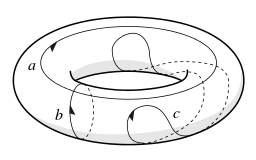Far as I can tell... Hex is a "Princeton" phenomenon. It originated in their Math department as invented by John Nash / Piet Hein. The game is not widely available (but these days with Amazon, relatively easy to find). And... there's not much activity now (in favor of of games like Scrabble or Checkers or Mancala).
Hex strategy is discussed pretty thoroughly in the books by Cameron Browne:
- Hex Strategy: Making the Right Connections "
- Connection Games: Variations on a Theme "
- Mathematical Games, Abstract Games João Pedro Neto, Jorge Nuno Silva
He stopped revising is page in 2007.
As for research level math there was a series called Games of No Chance as published by MSRI
Also the Game Theory and the AI research and look very different. One strategy is to evaluate game positions in terms of surreal numbers (as Conway might have) another could be to read through the entire decision tree and estimate a probablity of winning. My suspicion is the second option is far less nuanced and yet we have done effectivly so with Chess and Go.
As for the Torus case, we could defining winning position for A if they complete the [A] homology cycle. We could define winning position for B if they win the [B] homology cycle. This almost reduces to classical Hex.
Who wins if an [A+B] cycle is completed? There are also game theory textbooks one should consider:
- Aaron Nathon Siegel Combinatorial Game Theory (Graduate Studies in Mathematics #146 )
- Michael H. Albert, Richard J. Nowakowski, David Wolfe Lessons in Play: An Introduction to Combinatorial Game Theory

